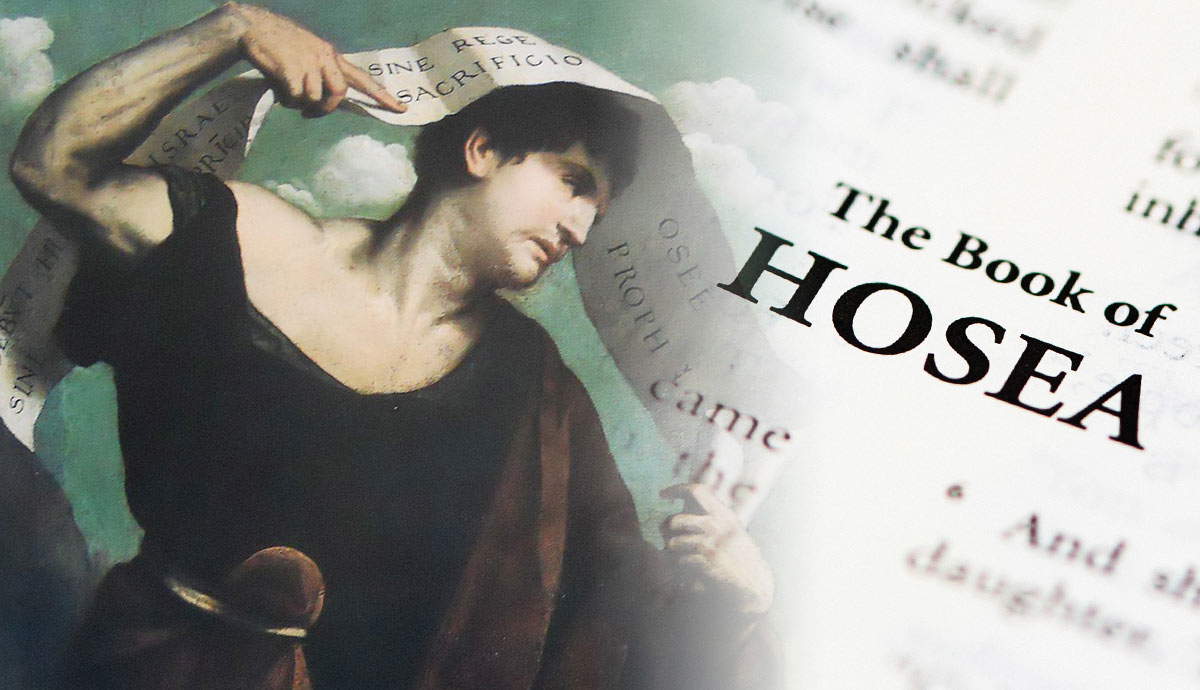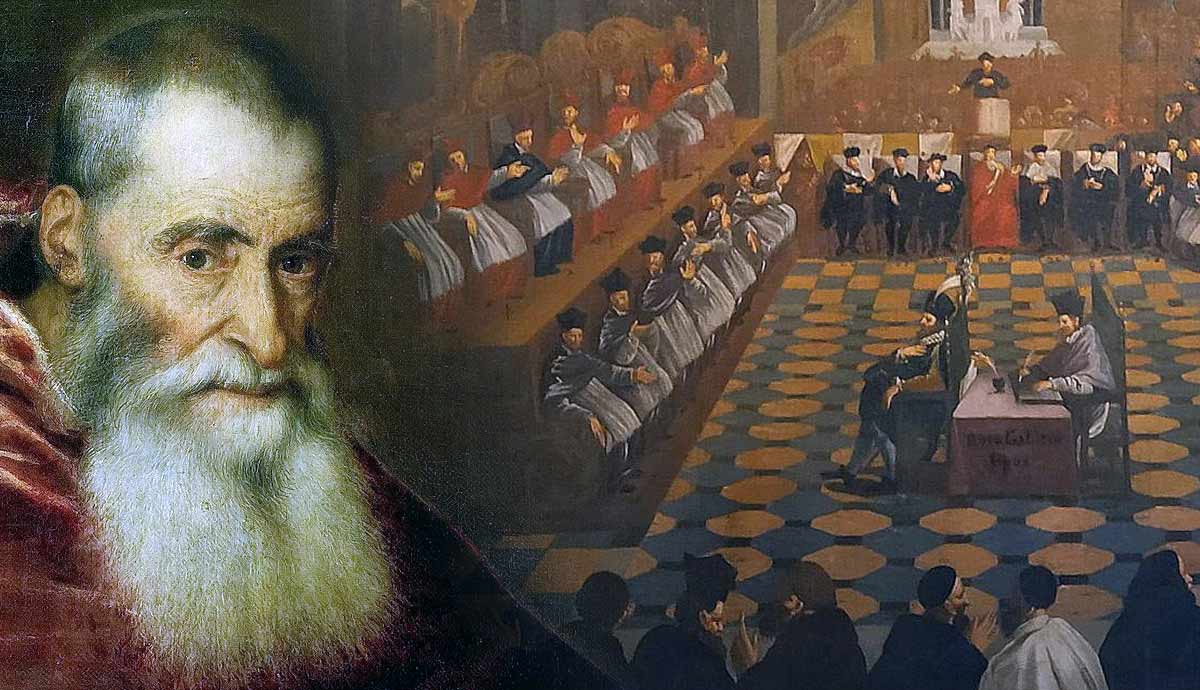
First Corinthians makes a significant contribution to Christian theology on various issues ranging from division and unity to marriage and sexual morality to communion, and spiritual gifts to the resurrection of the dead. It is clear that Paul is not satisfied with the conduct of the Corinthian believers, and he gives advice on how the problems they face can be rectified.
Authorship and Date

From as early as the time of Clement of Rome, the letter now known as First Corinthians has been attributed to Paul, though it seems as if Clement was only aware of one letter Paul addressed to the Corinthian believers.
Some parts of First Corinthians are considered interpolations, with First Corinthians 13 and 14:34-35 being examples. Whether an original single volume, a single volume with interpolations, or a compilation of Pauline letters, the authorship seems to be in little doubt among scholars.
The Historical Context

Corinth was a major commercial hub in the ancient world due to its geographical location and was known for its wealthy and prosperous society. By the 2nd century BCE, Corinth was the largest city in Greece. Corinth was destroyed during the Roman invasion in 146 BCE, just to be rebuilt around 44 BCE on the orders of Julius Caesar, because of its strategic location.
Due to the nature of the city and its markets, traders, travelers, and tourists made for a multicultural society, drawing people from all over the ancient world. Events such as the biennial Isthmian Games also drew crowds to the city. It is, therefore, understandable that the city was also known for the various deities worshiped during feasts and festivals there.

Status was of utmost importance in Corinthian society and ambitious persons could achieve it in various ways. Wealth, influence, position, patronage, lineage, or even oratory prowess were means to gain status. Oratory skills were highly valued and may have been at the core of Paul’s thesis on the misuse of the gift of tongues in the Corinthian congregation.
Paul understood that to his audience, letters were considered a type of speech, and his letter would, therefore, serve as a rhetorical act. Paul’s frequent references in his letter to “speaking” to the Corinthians are evidence of this. Yet one method of achieving social stratification in Corinthian society was oratory proficiency.
Tactics of self-promotion were incompatible with the message Paul wished to share. Therefore, in First Corinthians, Paul explicitly distances himself from employing the contemporary method of achieving social status as a means of spreading the gospel message. It does not mean that his letter is not rhetorically sound or eloquent. The rhetorical proficiency evident in his letter is not self-promoting but rather puts the gospel message front and center.
Structure

Salutation and Thanksgiving (First Corinthians 1:1-9)
In typical Pauline style, Paul identifies himself as the author alongside Sosthenes and uses the blessing of grace and peace as he does in all his letters. He then continues to give thanks for the gifts that manifest among them.
Division and Unity in the Church (First Corinthians 1:10-4:21)
Paul addresses division in the church and argues for unity among the believers in this church. It sets the tone for the rest of the letter which seems to speak in various ways about the division that was evident in their midst.
Discipline and Holiness in the Church (First Corinthians 5:1-6:20)
The division among the Corinthians was of such a serious nature that they even brought each other before the law, which meant secular judges had to rule and settle issues among Christians. It was an untenable situation, and Paul rebuked them for it. Paul highlights the importance of leadership in the church and encourages them to espouse humility.
Marriage, Singleness, and Sexual Ethics (First Corinthians 7:1-40)
Paul speaks about sexual immorality, celibacy, and marriage, explaining that disciplinary action is imperative in certain situations. He highlights the importance of personal choice and responsibility in these situations and how commitment to the Lord should guide the believer.
Food Offered to Idols and Christian Freedom (First Corinthians 8:1-11:1)
The multicultural nature of Corinthian society is evident in this section. Paul had to address how Christians should conduct themselves regarding food sacrificed to pagan deities and then sold in public markets.

Worship and the Communion (First Corinthians 11:2-34)
Paul lays out the roles of men and women in the church and addresses matters of order. He instructs communion and indicates that what he teaches here was revealed to him by Christ, which gives his teaching on the subject authority.
Spiritual Gifts and the Body of Christ (First Corinthians 12:1-14:40)
This section addresses spiritual gifts. Chapter twelve deals with spiritual gifts in general, explaining the principle of unity in diversity and how the gifts should serve the church. Chapter thirteen highlights the preeminence of love and how spiritual gifts, without love, are of little to no use. Paul then details the practice of the gift of tongues in a congregational setting.
The Resurrection (First Corinthians 15:1-58)
Paul answers questions on the resurrection of the dead. He explains how Christ’s resurrection holds implications for the resurrection of all believers and gives hope for the future reunification of all believers.
Final Instructions and Greetings (First Corinthians 16:1-24)
Finally, Paul explains his travel plans and gives some final instructions to the church before concluding his letter in typical Pauline style.
Main Themes

First Corinthians addresses issues in the Corinthian church. The letter speaks to various things that need correcting in the faith community because they are not consistent with Christian conduct. These issues caused division and were not consistent with Christian character. The problems in the church seem to result from self-serving attitudes and a lack of spiritual insight and maturity among members.
The Corinthians had some misconceptions about proper sexual conduct, marriage, and celibacy. Along with the challenges they faced relating to food offered to idols and then sold in markets, these problems seem to stem from the historical Gentile nature of Corinthian society.
Paul also addresses the roles of men and women in the faith community and proper conduct by each. He then educates the members on the Lord’s Supper and warns against its improper use.
The spiritual gifts are a significant theme in the first letter. Paul explains the purpose of spiritual gifts, listing many. He then explains the unity in diversity principle, using the human body as a metaphor. The love chapter may be an interpolation inserted later, though it very effectively highlights the importance of love relative to spiritual gifts. The most detailed discussion of the gift of tongues in the church follows.
One of the most well-known theses on the resurrection of the saints is the last major theme Paul addresses in this letter. He points to the resurrection of Christ and what it means for the believer. He details what would happen to the living and the dead when Christ returns and shows how it brings hope to all believers.
Key Passages

As the second longest Pauline Epistle, many passages can be highlighted here. The following four sections are arguably the most significant.
First Corinthians 11:23-26
“For I received from the Lord what I also delivered to you, that the Lord Jesus on the night when he was betrayed took bread, and when he had given thanks, he broke it, and said, ‘This is my body, which is for you. Do this in remembrance of me.’ In the same way, also he took the cup, after supper, saying, ‘This cup is the new covenant in my blood. Do this, as often as you drink it, in remembrance of me.’ For as often as you eat this bread and drink the cup, you proclaim the Lord’s death until he comes.”
Paul received a divine revelation on communion, and shares the significance of Jesus’s words on it here.
Arguably the most popular passages from all the Pauline epistles comes from First Corinthians 13, the “love” chapter.
First Corinthians 13:4-8
“Love is patient and kind; love does not envy or boast; it is not arrogant or rude. It does not insist on its own way; it is not irritable or resentful; it does not rejoice at wrongdoing but rejoices with the truth. Love bears all things, believes all things, hopes all things, endures all things. Love never ends. As for prophecies, they will pass away; as for tongues, they will cease; as for knowledge, it will pass away.”
This iconic chapter is one of the most popular from the Pauline Epistles. Some scholars claim it was a later edition of the letter. Nevertheless, it suits the greater theme addressed in chapters 12-14 perfectly.

Paul speaks to the resurrection of the dead at the Second Coming in First Corinthians 15.
First Corinthians 15:51-54
“Behold! I tell you a mystery. We shall not all sleep, but we shall all be changed in a moment, in the twinkling of an eye, at the last trumpet. For the trumpet will sound, and the dead will be raised imperishable, and we shall be changed. For this perishable body must put on the imperishable, and this mortal body must put on immortality. When the perishable puts on the imperishable, and the mortal puts on immortality, then shall come to pass the saying that is written: ‘Death is swallowed up in victory.’”
Paul’s thesis on the resurrection highlights the idea that humans do not inherently have immortality. It is given at the resurrection of the faithful when Christ returns.
Contemporary Relevance

First Corinthians provides a treasure trove of teaching that is as relevant today as it was when Paul wrote it. The teaching on sexual morality, marriage, and celibacy still forms the basis of most Christian denominations’ views on these themes. The teaching on communion is often part of the liturgy during communion services. The love chapter is ever popular in Christian circles and preachers and relationship experts regularly quote from or reference it.
Chapter 14 remains a hotly debated subject among scholars as they have not yet settled on the exact nature of the gift of tongues. One group believes it is a devotional prayer language, and sometimes it is called the language of angels, which is inherently unintelligible. The other group aligns with the view the Church Fathers held, that the gift of tongues was the ability to speak foreign languages to spread the gospel more efficiently during the apostolic era.
The teaching of Paul on the Resurrection is central to the hope contemporary believers have for the future when the saints will be reunited when Christ returns.










